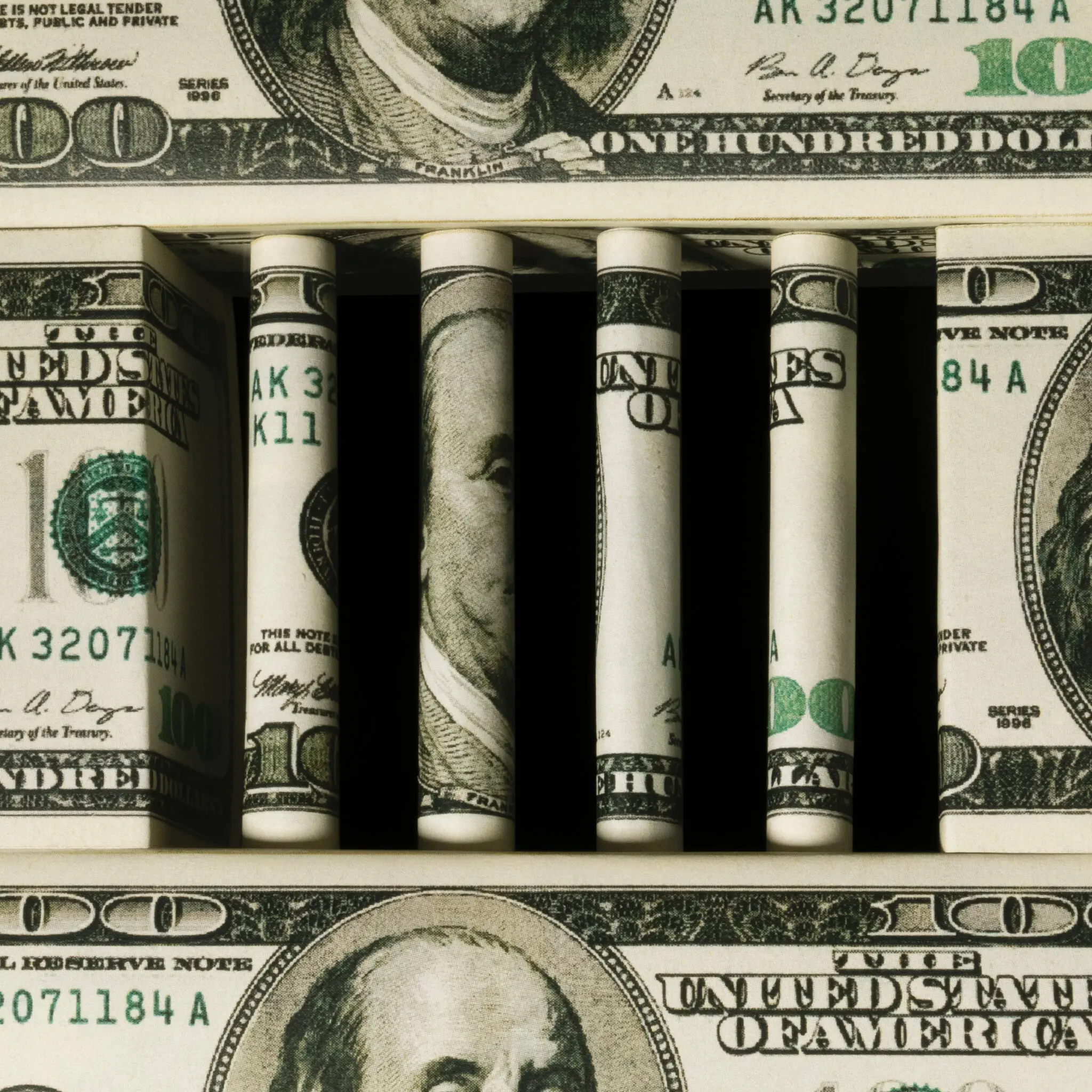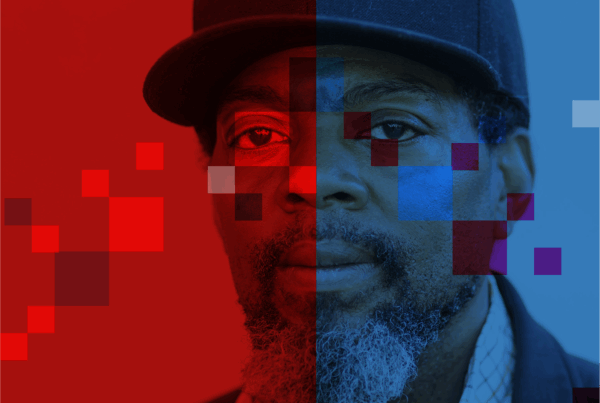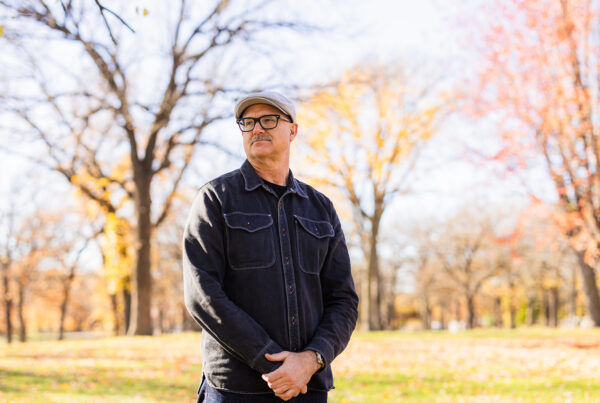President Trump recently declared that bail reform is contributing to a public safety “emergency” in Washington and issued two executive orders that seek to halt decades of work to build a safer and fairer pretrial system. One of the orders singles out the District of Columbia for moving away from the system known as cash bail, in which a person must pay money to be released from jail before trial, even when their guilt hasn’t been determined — which is to say that a person’s freedom before trial depends on how much money he has.
The second directive calls on the Department of Justice to identify states and jurisdictions with similar policies, with an eye toward penalizing them through funding restrictions. Mr. Trump has also signaled that he wants congressional leaders to advance legislation that would eliminate cashless bail nationwide.
Not so long ago, there seemed to be a growing understanding in this country that a justice system that trades in cash for freedom benefits no one. Editorial boards, celebrities and lawmakers rallied behind bail reform. States including New York, New Jersey and Illinois rewrote their laws. Local prosecutors won elections promising to end cash bail.
Organizations like the Bail Project, where we work, started paying bail for people who couldn’t afford it and established that cash bail is as unnecessary as it is harmful. The people we have helped have returned to court 93 percent of the time, without any of their money on the line. When people do miss court, it’s often for the reasons that anyone misses an appointment: difficulty getting time off from work, unreliable child care, transportation issues and unexpected illness or emergencies.
It didn’t take long for bail reform to become a scapegoat, especially as crime rates rose during the pandemic — a period marked by profound social and economic upheaval. Police unions, prosecutors’ associations and the commercial bail industry started campaigns that exploited these fears and distorted the truth. In states like New York, these campaigns succeeded in rolling back reform.
We know that bail reform works: Community safety, not personal wealth, best determines who is released and who is detained. This does not mean guaranteeing everyone’s release. It simply means allowing judges to decide each case individually, using jail as a last resort.
Places that have limited or ended cash bail have broadly seen no notable increase in rates of rearrest or of defendants missing court dates. With reminders and support, people show up to court because they want to resolve their cases. No system, legal or otherwise, can guarantee zero risk. But the goal of a fair justice system isn’t to detain people who have been accused as the default — it’s to uphold the presumption of innocence and reserve pretrial jailing as a last resort while the legal process runs its course.
Our existing system subjects hundreds of thousands of legally innocent people per year to the horrors of incarceration — which creates substantial instability and behavioral health problems for people and ultimately threatens public safety. Decades of mass incarceration have demonstrated that this approach is not only shortsighted, but also ineffective.
Keeping legally innocent people in jail is exorbitantly expensive, to the tune of an estimated $14 billion each year. That money would be better spent on programs proven to reduce crime such as those focused on supportive housing, mental health care, education and jobs.
For one of us, David, this has never been abstract. He knows what it’s like to sit in jail, unable to post bail, as life unravels. His first encounter with the justice system came at age 5, when he was removed from his home and placed in state custody for six months. His parents struggled with alcohol and substance use, and before his eighth birthday he had accidentally overdosed on pills left within his reach and had also been the victim of a shooting.
For people like him, the cycle of incarceration is reinforced by the absence of preventive services. Too often we don’t interrupt that cycle; we pass it on.
Today, families are often asked to come up with thousands of dollars for bail with little notice. That’s in a country where over a third of adults would not be able to cover an unexpected expense over $400. Bail bond agents profit from this imbalance and lobby hard to protect it. This helps preserve a system where most of the people in local jails haven’t been convicted of a crime.
Research suggests that even 72 hours in jail can increase the chance of future rearrest. Jail disrupts the very things that keep people stable. A few days behind bars can mean losing a job or a driver’s license, falling behind on rent or being expelled from school. This instability creates extraordinary challenges for people when they are released, increasing their chances of being swept back into the system for things like low-level charges. Worse still, jail makes it difficult to mount a defense because it cuts people off from legal support. Every minute, people are pulled into this system.
The greatness of our justice system comes from fairness, equality and liberty before guilt is proven. Mr. Trump’s executive orders only move us further away from those goals — and thousands of Americans will pay the price.
Thank you for reading. The Bail Project is a 501(c)(3) nonprofit organization that is only able to provide direct services and sustain systems change work through donations from people like you. If you found value in this article, please consider supporting our work today.












